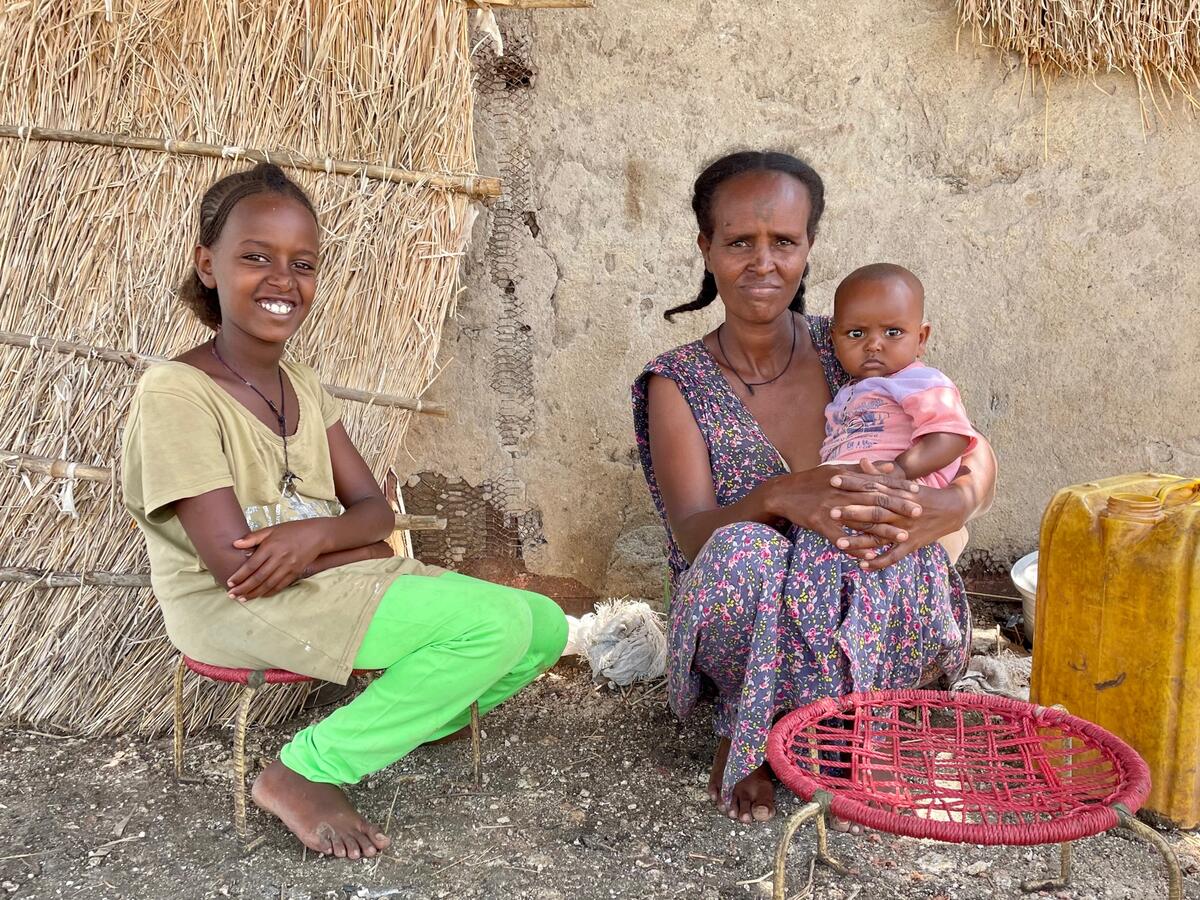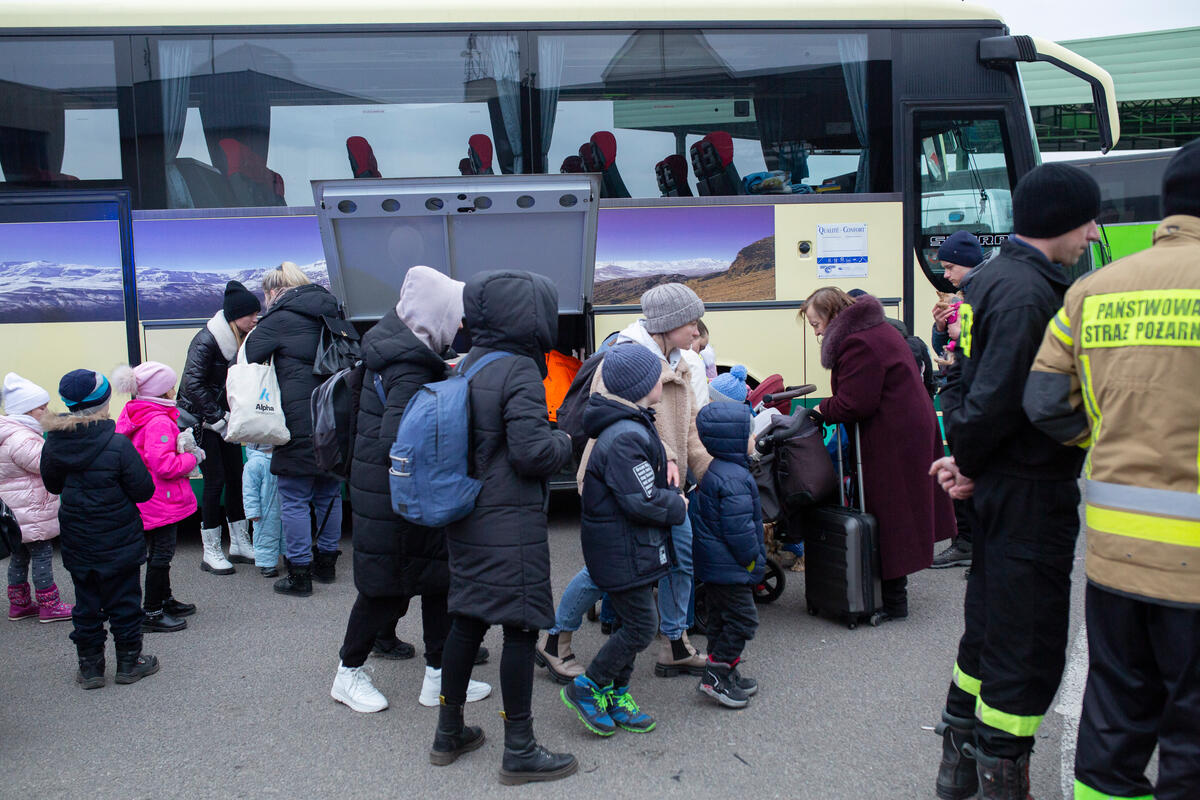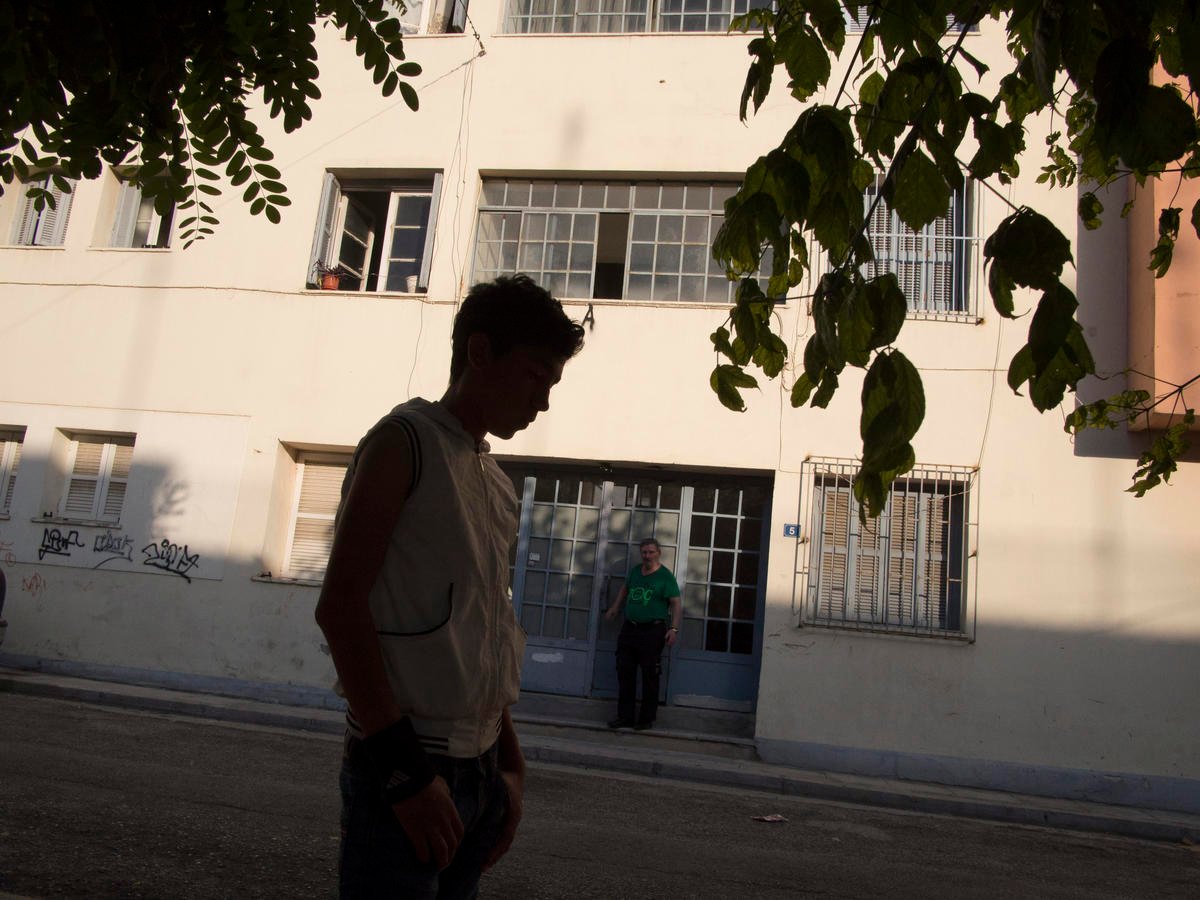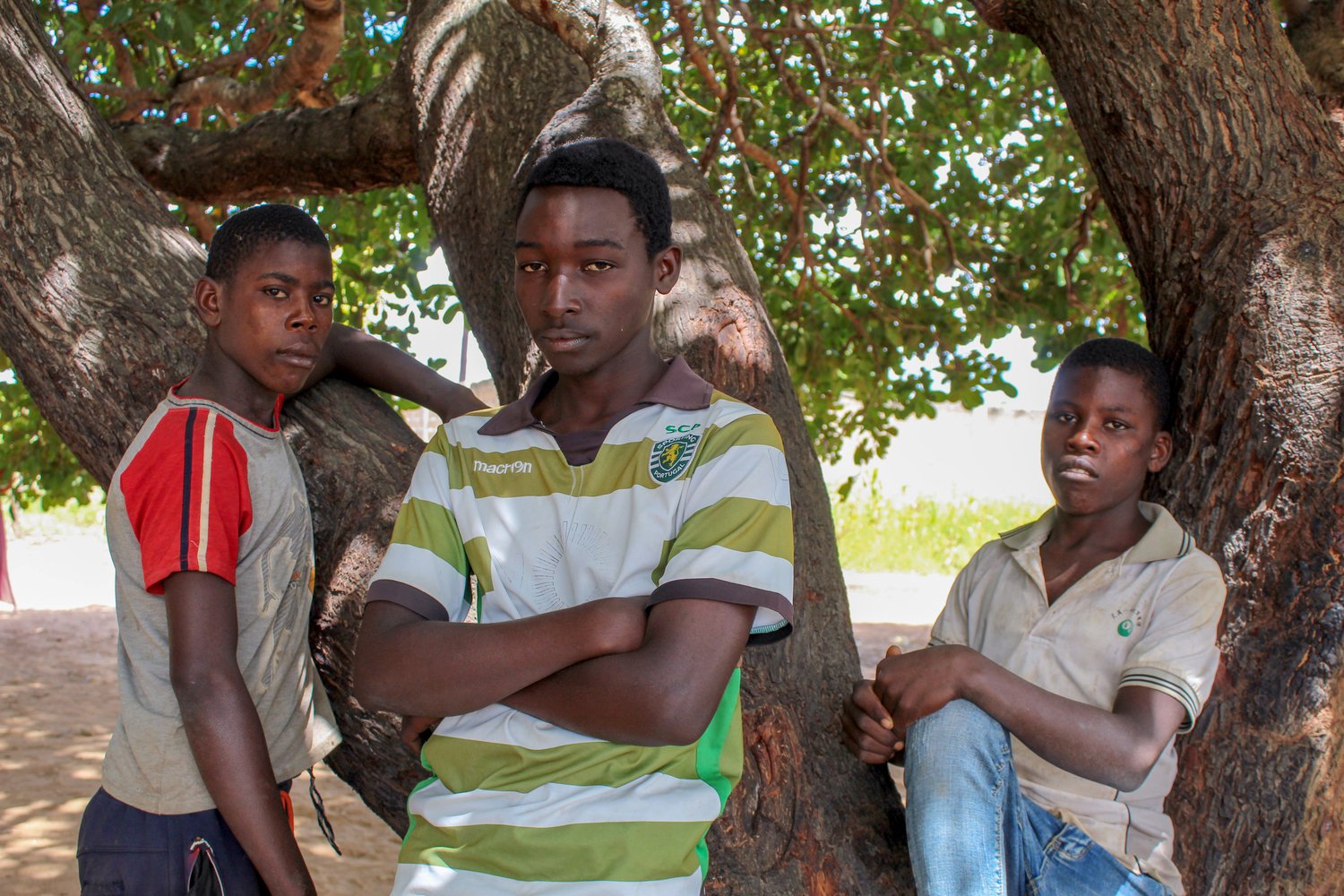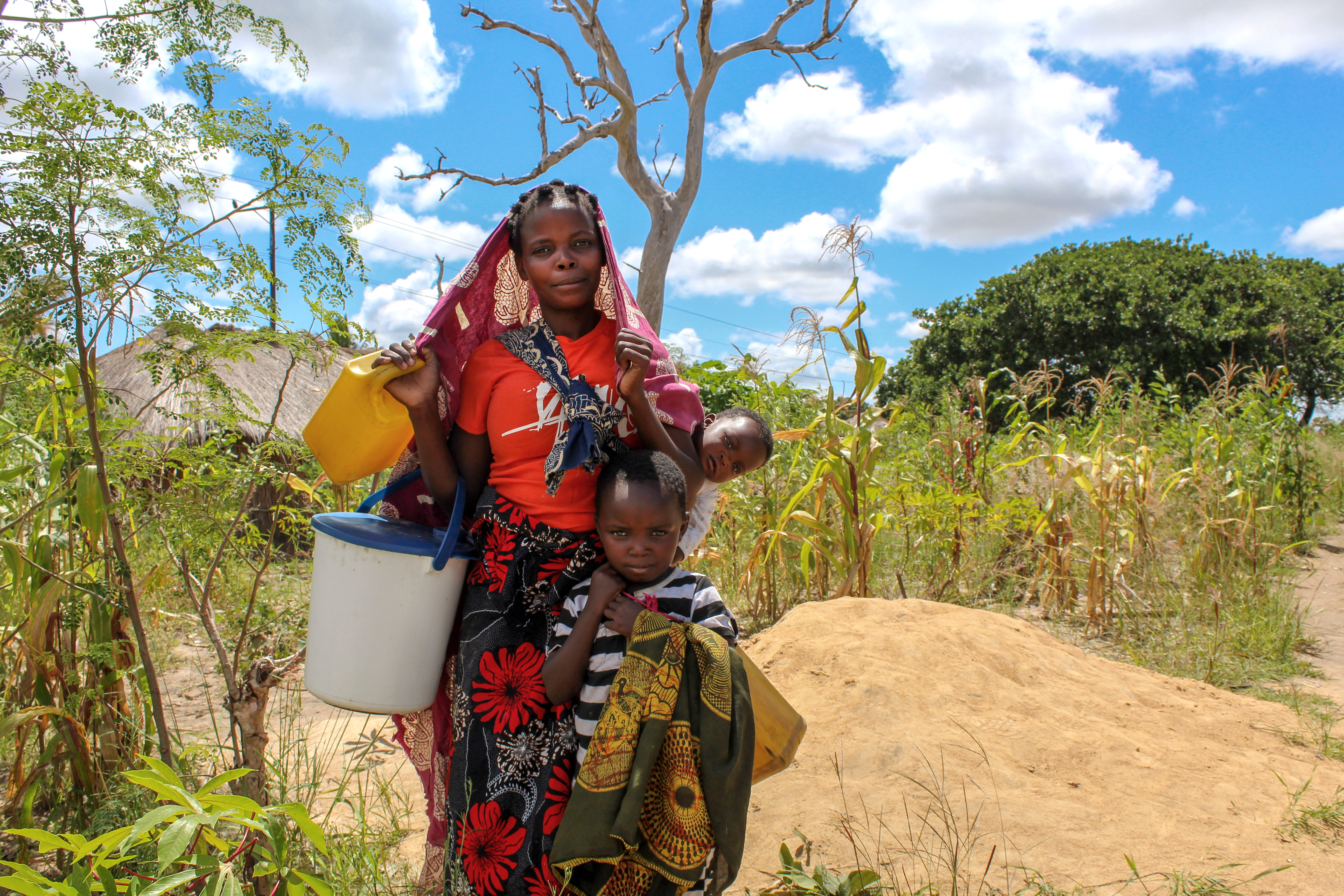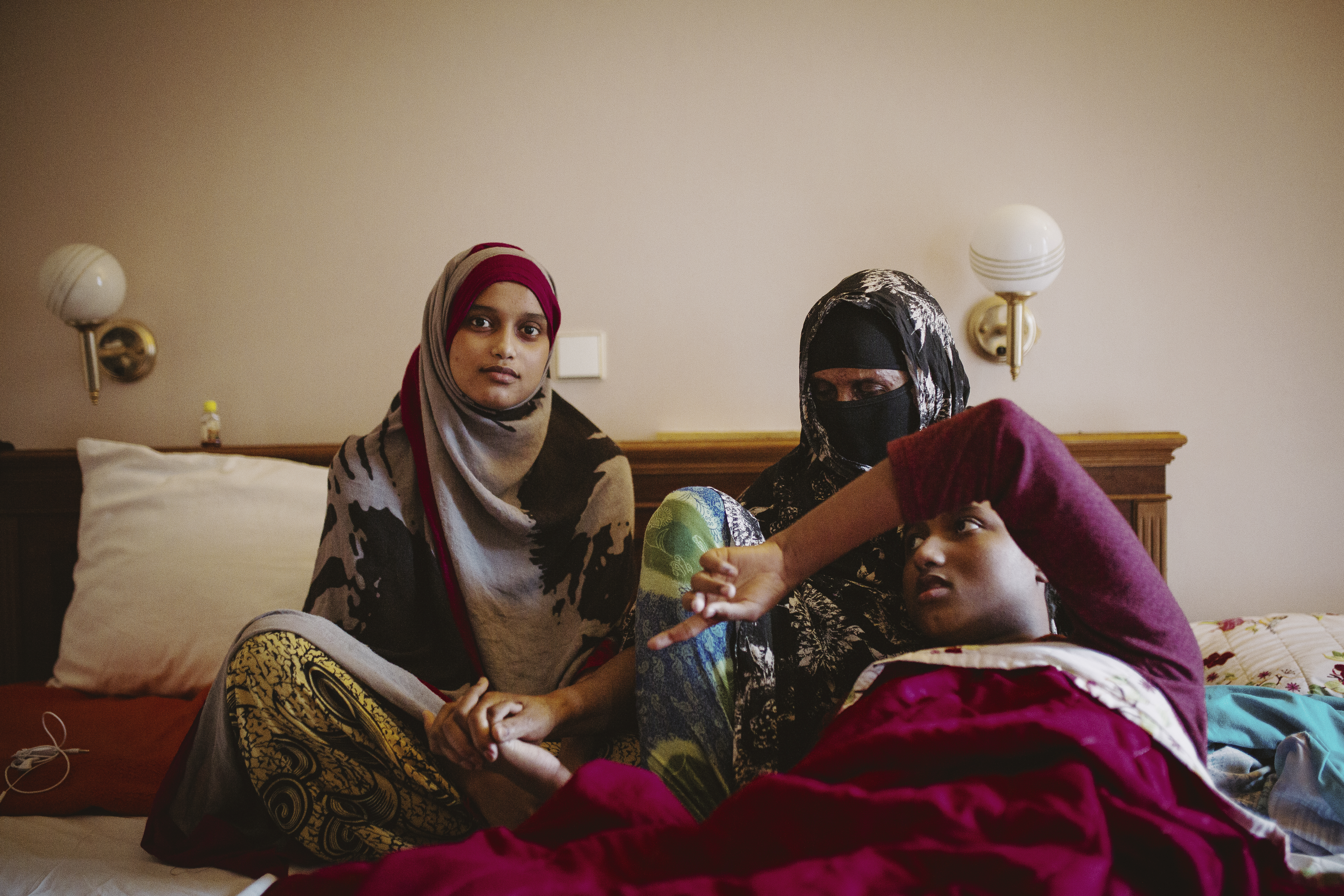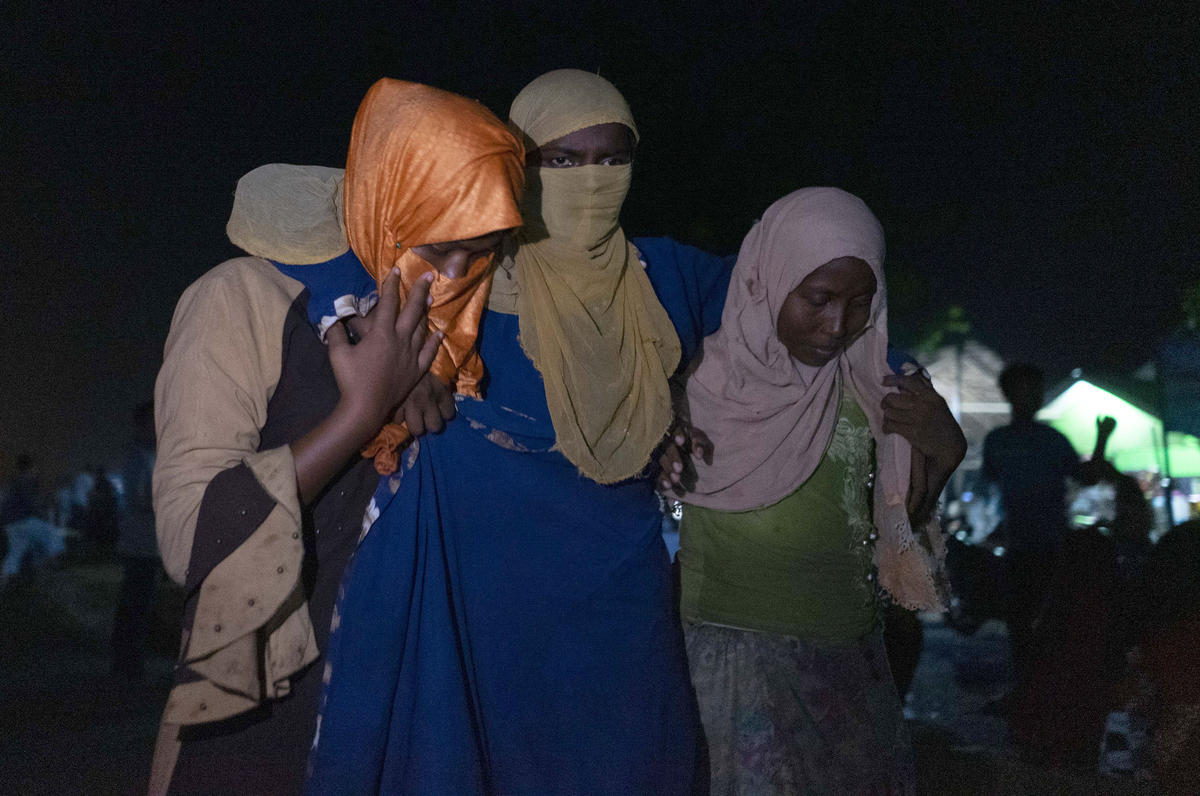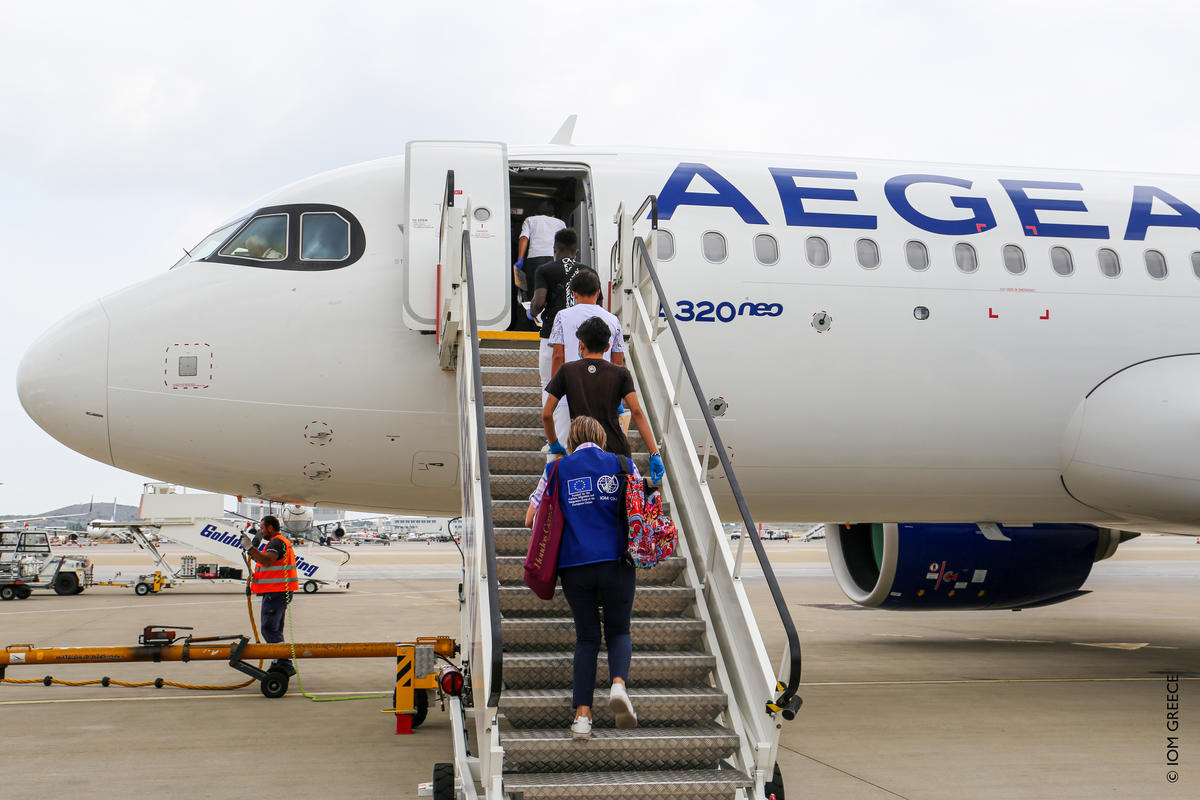Kosovo Crisis Update
Kosovo Crisis Update
Albania
There was a new influx of refugees at the Morini border between midnight and 5:00 a.m. on Tuesday. An estimated 4,800 refugees crossed into Albania, mainly driving tractors pulling wagons. Most of the refugees came from two villages in Kosovo Polje municipality, Velika Slatina and Mala Slatina. They said they had been ordered by police to leave for Albania but as they had been expecting to be expelled for some time, they were able to prepare some belongings in advance.
Several hundred of the refugees came from Orahovac municipality (Zrze village). They told UNHCR they were part of the queue of refugees which had been turned back from the border in the first week of April. They had been ordered at that time by police to return to their homes which were still intact. They stayed in their village until the morning of 12 April, when police ordered them to leave. They were not physically mistreated, they said, but were stripped of their money and identity documents. Twenty vehicles and their passengers remained behind.
Earlier on Monday 12 April around 100 refugees passed through the Morini border crossing. These refugees said that they fled their village in Orahovac district three weeks ago, when it was attacked and set on fire, and they had been hiding in the forest since then. They believed that some 75 villagers had perished in the fire. Most of these refugees said they had been waiting to cross the border on 7 April, when they were turned back by Yugoslav security forces. They went to Prizren, where they occupied an abandoned apartment building. Without explanation, the police appeared on Sunday, 12 April, and ordered them to leave by midnight or be killed.
A convoy carrying plastic sheeting arrived in Kukes from Tirana on Monday, and humanitarian rations came by helicopter.
Refugees in Albania are mainly located in the following prefectures: Kukes, Has, Tirana, Durres, Fier, Shkoder, Korca, and Elbasan. About 80% of the refugees in Albania are accommodated by local families and UNHCR is working to assist both host families as well as refugees.
FYR of Macedonia
Approximately 440 refugees arrived in Blace around noon on Monday, and were taken to the Brazda camp by bus. The refugees said they were put on a train in Urosevac and were let off on the Yugoslav side of the border which they then had to cross on foot. The train ride was "confusing and frightening" they said, because they were harassed by hostile crowds and volleys of gunfire and the train kept jolting backwards and forwards. It wasn't until the end of the journey that they realized they were at the border with Macedonia. Though they boarded the train at Urosevac many refugees said they had been moving from one village to another for the past week.
UNHCR is nearing completion of the registration of the population at the Brazda camp and has started registration at the Stankovic site. UNHCR intends to finish registration of all refugees staying in camps in the FYR of Macedonia within two weeks.
UNHCR and government authorities in Skopje have been discussing contingency planning and agreed to identify new sites for refugee camps which may be needed, depending on developments. Meanwhile preparations for the handover to UNHCR and its partners of the sites currently run by NATO are proceeding well, and should be completed shortly. NGOs will take over the assistance programmes which in the initial phase have been handled by NATO.
During the weekend, UNHCR was given access for the first time to the Radusa refugee camp, which is managed by the Macedonian authorities. A site assessment was carried out, and the location was found to have serious drainage problems. Discussions with the authorities have begun to resolve this issue.
UNHCR-IOM Humanitarian Evacuation Programme
On Monday UNHCR coordinated the evacuation of just over 1,300 refugees from Macedonia to Germany, Israel, Norway and Turkey. The refugees evacuated to Israel were mainly special medical cases who were treated initially in the Israeli field hospital in Brazda camp. The total number of refugees evacuated so far since the airlift began on 7 April is 9,300. This includes around 2,000 evacuated in bilateral arrangements between Macedonia and Turkey, before UNHCR/IOM co-ordination of the airlift began.
Another 8 flights, carrying around 1,300 refugees, are expected to take place on Tuesday 13 April.
Separated Children
UNHCR is receiving many enquiries from people around the world wanting to adopt unaccompanied refugee children. At this stage, no Kosovar refugee children are available for adoption. While some children have been separated from their families during their flight, they are not necessarily orphans. UNHCR, UNICEF, ICRC and other agencies are giving top priority to tracing family members of separated children, and to the reunification of these children with their families.

